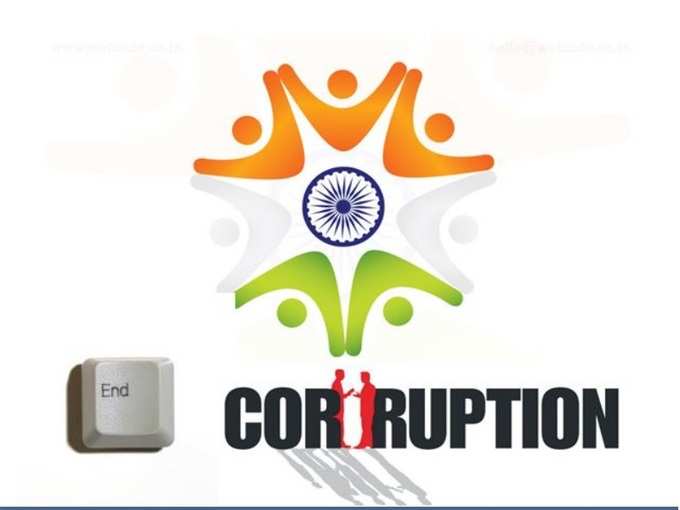
Over the last few years, surfacing of a string of multi-billion scams has shaken the trust of global investors in the Indian economy. The first of the recent scams was the 2G telecommunication license sales in 2008 which allegedly cost the Indian state $39 billion in lost license fee due to under-selling. It also led to estrangement between Congress and
While
The move from ‘license Raj’—where businesses were governed by rules and quotas aided by bribes to bureaucrats—to liberalization opened fresh, widened opportunities for bribery and graft, as sectors like real estate, metals, mining, infrastructure, aerospace, defense, power and utilities became multi-billion juggernauts governed by poorly paid officials. Over the years, graft has become such an integral part of Indian reality that corruption is seen as a normal way of life and only a few people think the ‘powerful’ can be put behind bars for indulging in and enhancing an ever-growing system of bribery. Of late, of the 10 biggest family firms by sales, seven have faced controversies related to corruption and kickbacks. In a recent survey, 95 per cent of Indians said corruption became a larger menace over the last five years. According to Transparency International, an organization that tracks corruption, 54 per cent of Indians say they paid a bribe in the last year, compared with Nigeria with 44 per cent and Indonesia with 36 per cent.
The huge amount of money siphoned off by industrialists and politicians to clandestine entities domiciled in countries with friendly tax regime and regulatory rules have further enhanced the nature and scope of corruption. Bribes are also transferred to entities outside India through what is called ‘mis-invoicing’. For instance, an outfit in India controlled by a politician buys gold jewelery worth millions of dollars from a firm domiciled in a free-trade zone such as Dubai at exaggerated prices and imports it. The excess tax-free earnings are pocketed outside India in a firm controlled by the same person with limited scope of scrutiny and investigation. According to research organization Global Financial Integrity, gross illicit outflows from India have averaged $52 billion a year since 2007. The unaccounted-for money held in global banks including those in Switzerland adds to the enormity of the problem. Offshore assets of Indian residents held in global banks are estimated to be close to $150 billion.
The country cannot be imagined to be on the road to growth without the contribution of the private sector that plays a role in building factories, roads and larger infrastructure. However, for getting required permission for these infrastructural initiatives, companies in these sectors need to grease the palm of ministers, politicians and bureaucrats. They also need to pay ‘speed money’ to avoid red tape.
Corruption leaves a dent on the country’s economy in various ways. First, graft means lost revenues from privatisation, taxation, excise and customs. It also impedes investment and in turn growth, besides hurting the poor who are left to bear the brunt of ‘cost overruns’ passed on by corporates through spiked prices of products and services.
A core trigger for graft is the funding of political parties, especially to meet election expenses. As political parties assume power, they have a clear obligation to ‘pay back’ their spongers in the corporate world and other wealthy individuals who lavishly open their wallets for helping them win polls.
The application filed in the Supreme Court by the Narendra Modi-led government recently saying it cannot disclose the details of foreign accounts held abroad by Indians, citing bilateral double taxation avoidance treaties, means that the new regime needs more concrete steps to fight such issues otherwise it may not be fundamentally different from the previous UPA government when it comes to uprooting corruption.
Modi government needs to take drastic steps including measures to curb funding of political parties and elections by corporates and to dig out sources of billions of